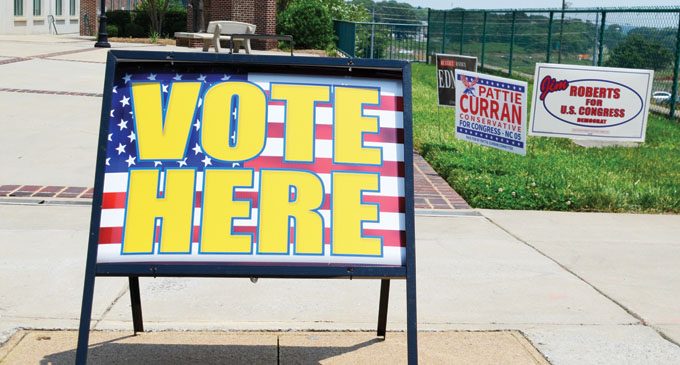GUEST EDITORIAL: Hypocrisy rules in new law primaries

Republican legislators just granted easier ballot access to unaffiliated candidates. Except for unaffiliated candidates who want to run against them.
That’s only part of the hypocrisy written into Senate Bill 656, which the N.C. House and Senate enacted over Democratic Gov. Roy Cooper’s veto.
The measure was titled “The Electoral Freedom Act of 2017,” which is a funny name for a law that takes a big step toward eliminating some elections. But its positive feature is to ease the petition requirement for minor political parties and unaffiliated candidates to earn places on the ballot.
“For unaffiliated candidates, the fastest-growing segment of registered voters, we are relieving a major hurdle for their ability to participate in many statewide and local elections,” Speaker Tim Moore said in a statement after the House voted on Oct. 17 to override the veto.
Instead of presenting petitions signed by 4 percent of voters, unaffiliated candidates will only have to collect signatures of 1.5 percent, according to the new threshold. That’s a good step, putting independent candidates on a more level playing field with Republicans and Democrats.
But, as Moore indicated, it doesn’t help all candidates. Those who want to run for legislative seats still have to reach the former mark of 4 percent. Lawmakers, who already have engineered safe seats for themselves through partisan gerrymandering, don’t want to give new challengers a fair opportunity to run.
Providing more liberal ballot access to minor parties seems calculated to elevate the Green Party, whose 2016 presidential candidate, Jill Stein, appeared on most states’ ballots and drew a few votes from Democrat Hillary Clinton. North Carolina Republicans want to make way for the Green Party here, but not just for the goal of fair ballot access. They see a partisan advantage.
The more significant action that SB 656 orders is the elimination of primaries in all 2018 judicial elections. This is to “allow more time” for potential candidates to analyze their new districts before deciding whether to run, Moore said.
Really? The House passed a partisan redistricting bill for District and Superior courts. For example, it would break Guilford County – currently a unified District Court with 14 judges elected at-large – into five pieces, allowing voters to choose just a few judges. But the Senate hasn’t acted on that bill.
That’s the first problem with Moore’s explanation. The second is that judges for the N.C. Supreme Court and Court of Appeals run statewide, not in districts. So Moore can’t even pretend there’s a good reason to eliminate primaries for those elections.
Eliminating primaries in next year’s Supreme Court race will invite multiple candidates, all of whom would be on the November ballot, hoping to win with even a small plurality of the vote.
It’s also possible there won’t be any judicial elections at all. Legislators could advance a measure to replace judicial elections with a “merit selection” process. A proposed constitutional amendment to enact such a system could go on the ballot as soon as May, leaving little time for the public to evaluate such a significant change.
Or legislators could take up another disruptive proposal that has been introduced. It would reduce all judicial terms to two years _ even for judges who were elected to four-year or eight-year terms just last year. All would have to run again in 2018.
This is legislating by Keystone Kops. Is there any reason behind it, or is the idea to confuse voters and sow chaos into North Carolina’s judicial branch of government? “Disorder in the court” is the likely outcome of so much political upheaval.
News & Record of Greensboro















